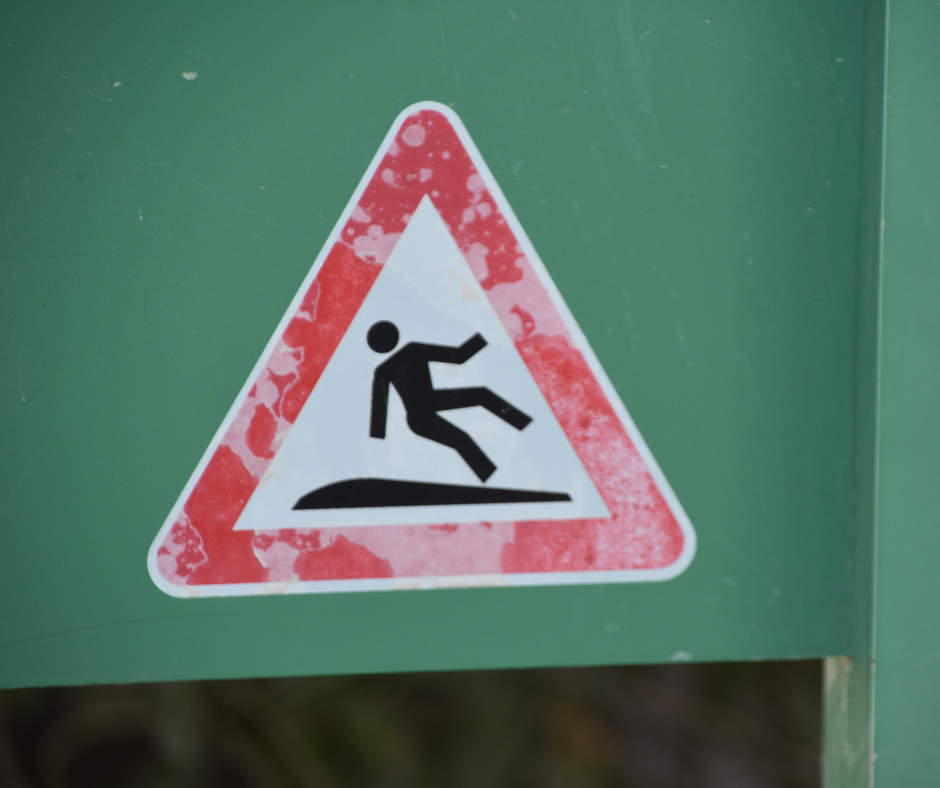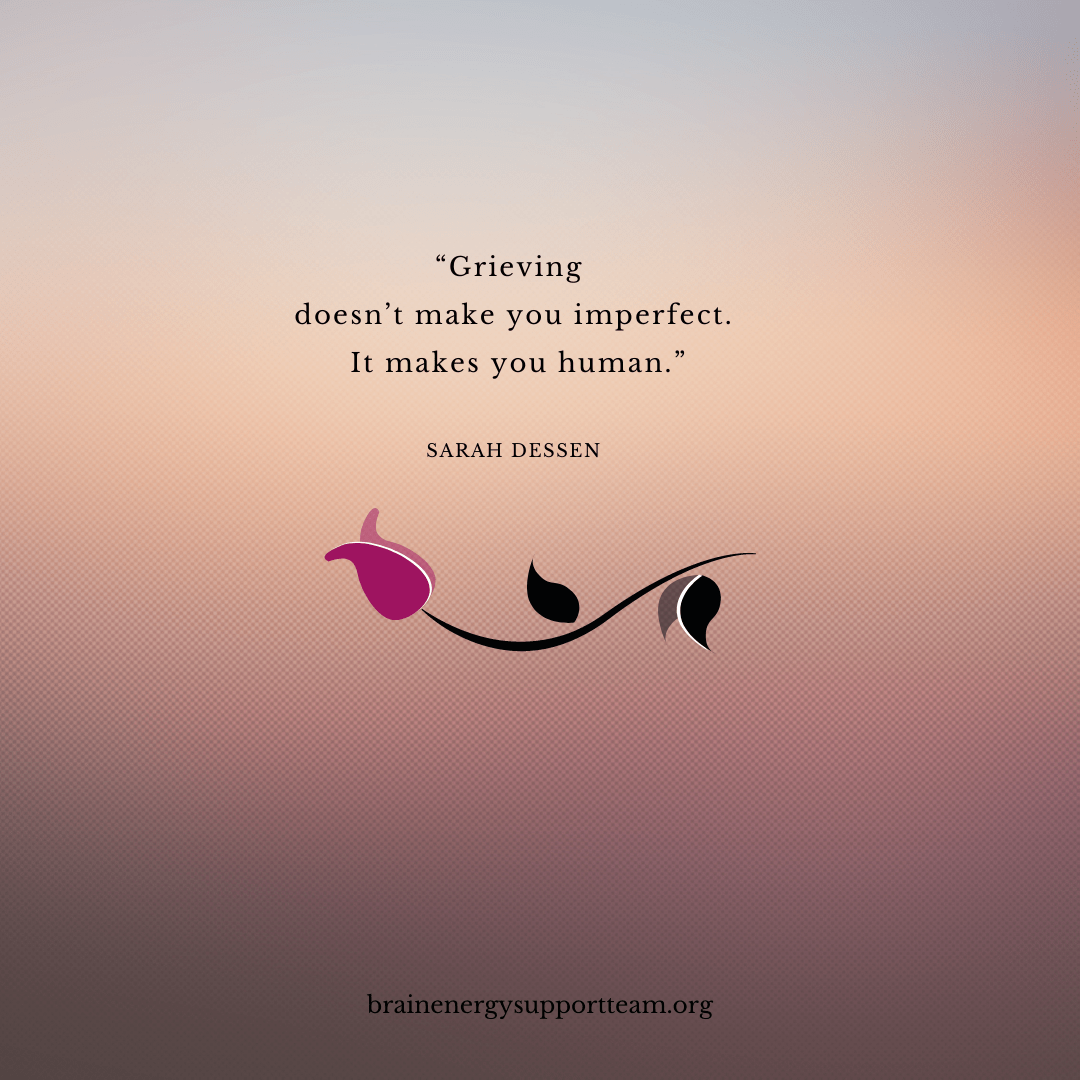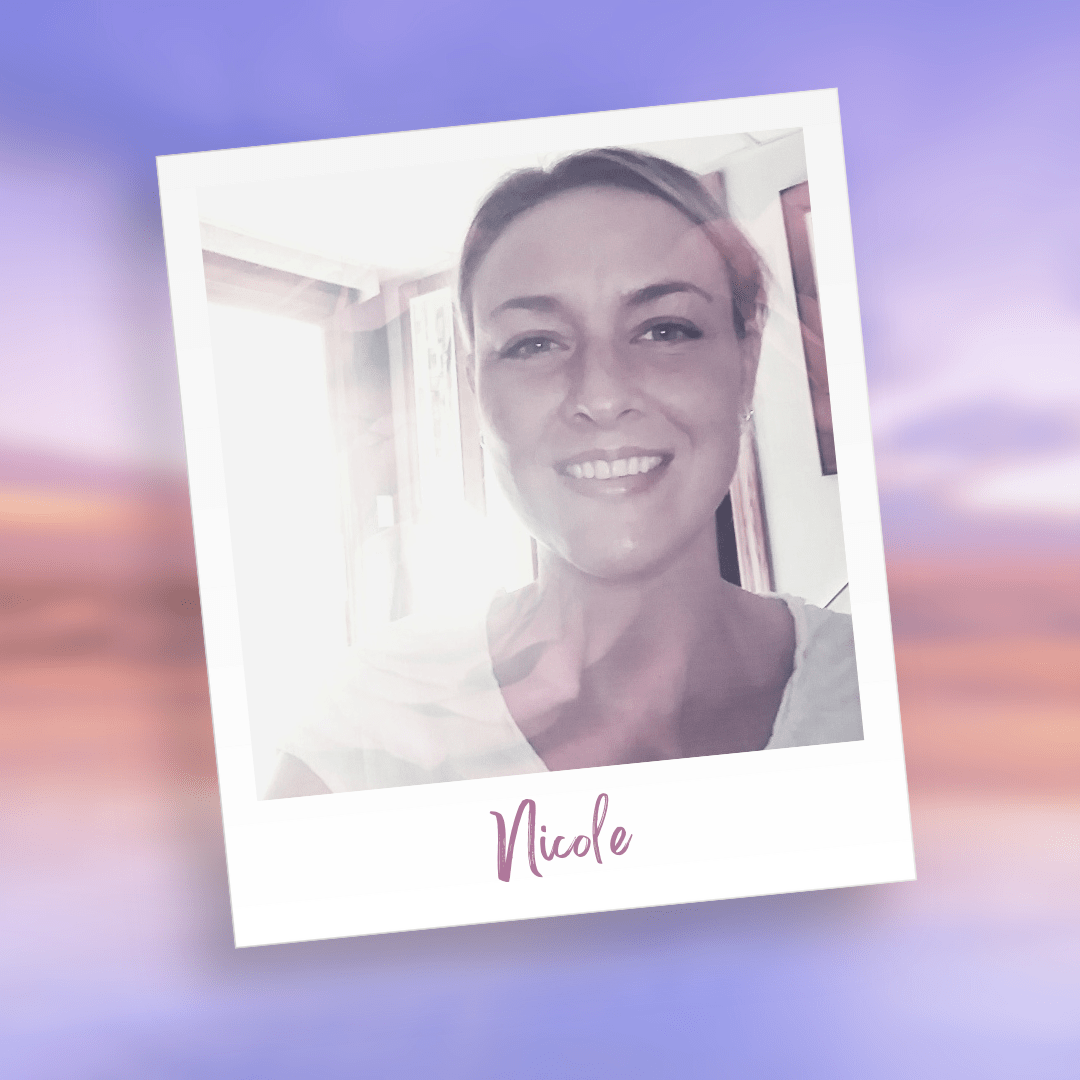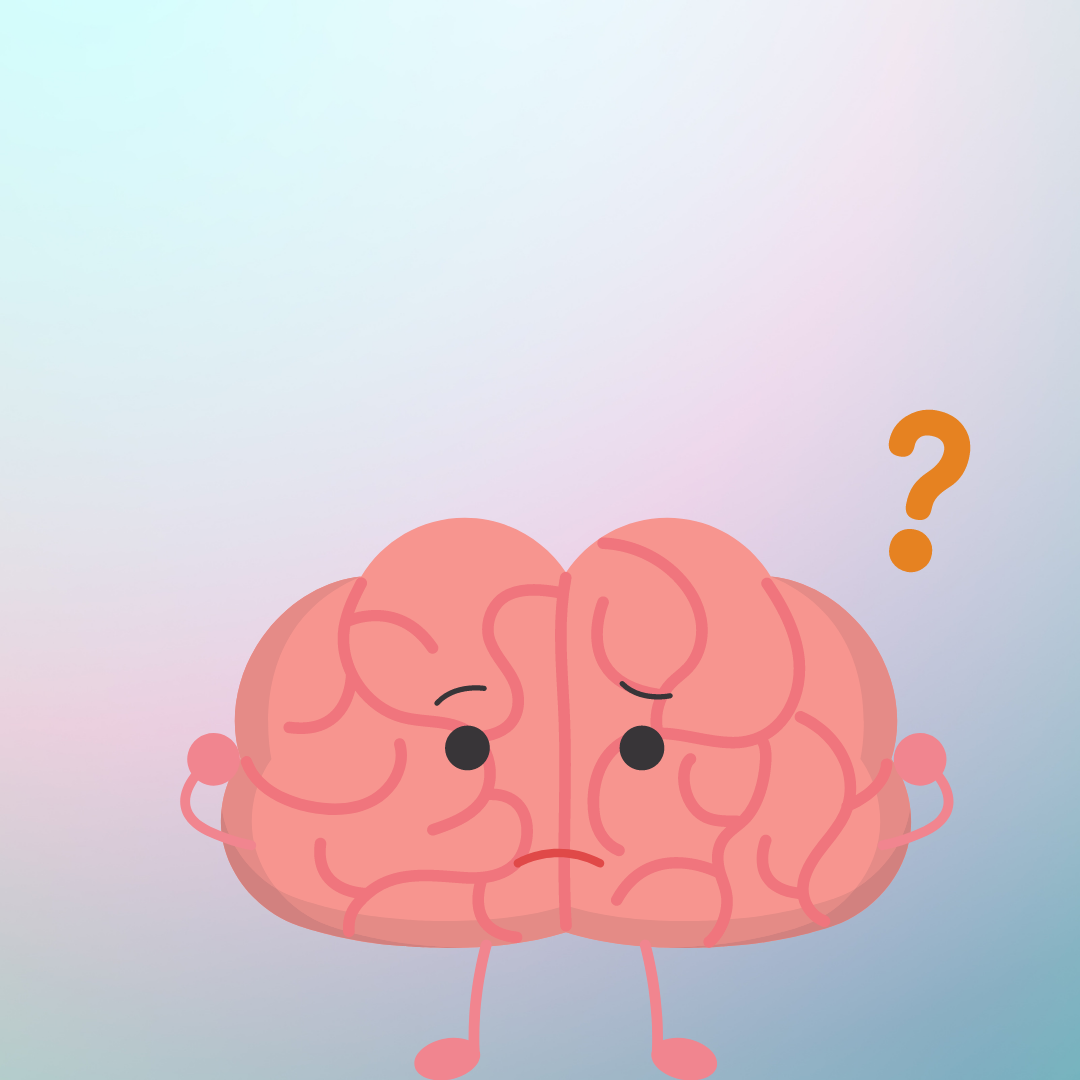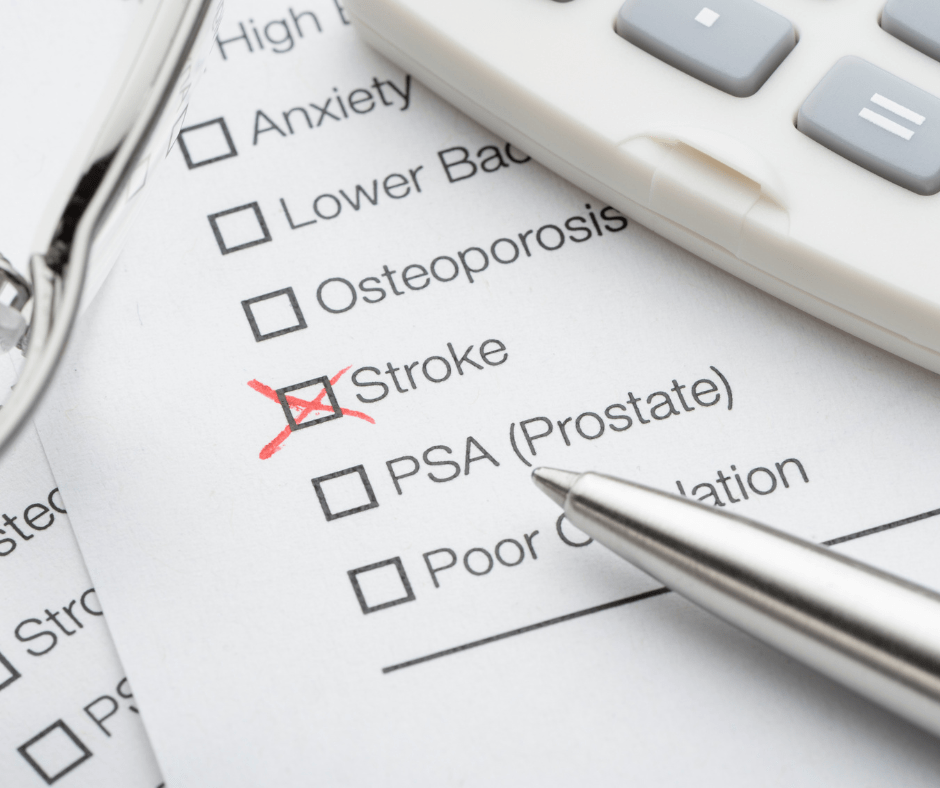Everyone knows what condition comes with symptoms like increasing frailty, loss of mobility, cognitive decline, vision and hearing loss, deteriorating muscle and bone strength.
They are all common symptoms of aging.
However, they can also appear as symptoms of moderate to severe traumatic brain injury (TBI), especially in older people. TBI can not only resemble aging, it can amplify some symptoms of natural aging, as well as lowered life expectancy.
Studies have indicated lower life expectancy in TBI survivors compared to the general population, depending on age, sex, and the severity of the injury, especially when walking. Additionally, dependency on others for feeding also factor in. There are estimates moderate or severe TBI may lower life expectancy by as much as 40% in some individuals.
Moderate or severe TBI, depending on the cause, can lead to the kind of bone and soft tissue damage in the trunk of the body and in limbs associated with aging. The condition is called sarcopenia and can also cause loss of muscle function, weakness and lower stamina. Sarcopenia is often a natural consequence of aging, but can happen in younger people as well. It is associated with the amount of physical activity and exercise a survivor engages in.
Consequently, TBI survivors also appear to have lower fitness levels than the general population.
Other conditions TBI may contribute to are earlier onset dementia and Alzheimer’s disease.
Naturally, and obviously, our brains grow and age as do our bodies. The brains of survivors with moderate to severe TBI can lead to declines in both physical and cognitive functions. Many of those brains show signs of more rapid aging than those of people without brain injuries.
The news about aging and TBI isn’t all bad; it turns out there are some activities that can somewhat limit their effects:
- Stay active – regularly engage in brisk exercise. If you are able, walking is a good exercise.
- Eat a balanced diet of healthy, natural food; avoid processed foods as much as possible.
- Manage body weight, avoiding obesity.
- Stay connected to your community. Interaction with others helps keep your brain active.
- Maintain your brain; keep learning and challenging your mind—keep your brain active. Not doing this comes under the category of use it or lose it.
- Look after your vision, which deteriorates with age, and use glasses as appropriate. These recommendations apply to everyone, whether or not they have a brain injury.
People with a traumatic brain injury encounter the same challenges as the general population in regard to aging. We can’t help aging—aging begins the moment after we are born.
But by doing the things mentioned above regularly, we can do more to lessen the effects of aging.
Your body and your brain will love you for it.
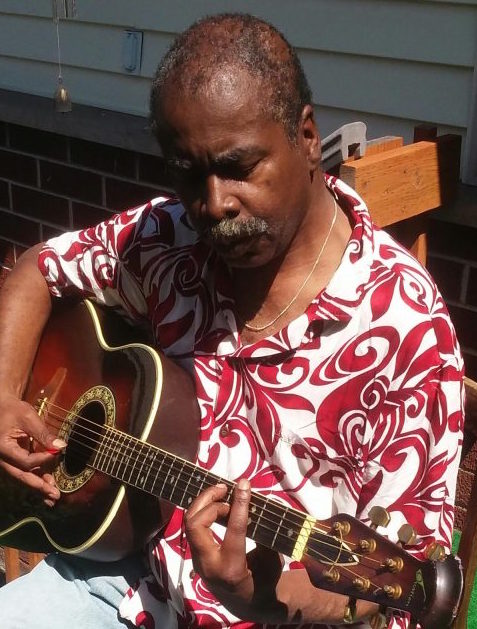 | Isaac Peterson grew up on an Air Force base near Cheyenne, Wyoming. After graduating from the University of Wyoming, he embarked on a career as an award-winning investigative journalist and as a semi-professional musician in the Twin Cities, the place he called home on and off for 35 years. He doesn’t mind it at all if someone offers to pick up his restaurant tab and, also, welcomes reader comments. Email him at isaac3rd@gmail.com. Read more articles by Isaac here; https://www.brainenergysupportteam.org/archives/tag/isaac-peterson |
|---|

